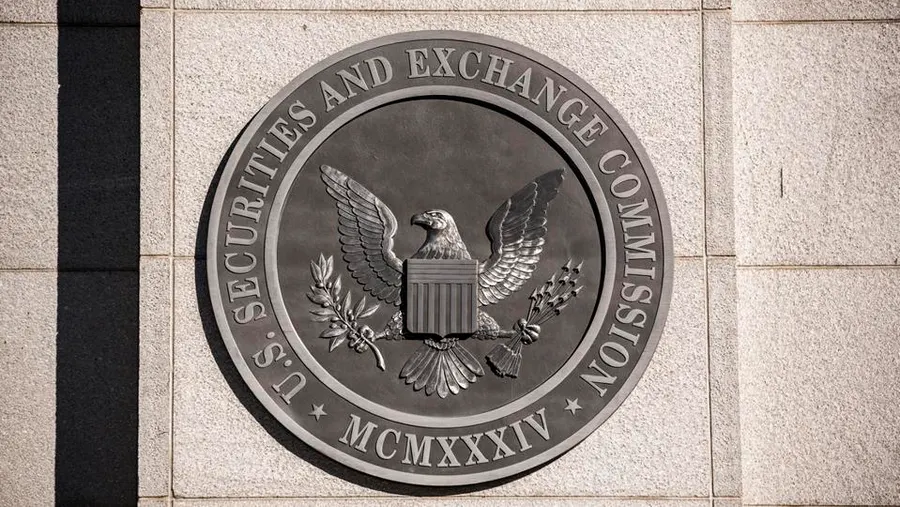Commissioner Mark T. Uyeda of the U.S. Securities and Exchange Commission said during a fireside conversation at Tuesday’s Korea Blockchain Week 2024 event in Seoul, South Korea, the agency should design a unique S-1 registration form for digital asset securities.
The Need for a Tailored Registration Form
The registration statement from the SEC that American issuers have to submit before launching a new securities product is known as an S-1 form. It covers several disclosures, including a statement of cash flows and an income statement.
Uyeda showed how some financial products may not be suitable for the SEC’s conventional registration form using registered index-linked annuities. The SEC develops customized registration criteria by working with product sponsors, he added.
“Well, why shouldn’t we treat crypto and digital asset securities the same way?” Uyeda remarked. “We have the flexibility to do that; that was in part expressing my frustration in that we have not done more of that to accommodate sponsors of these types of digital assets that they have concluded as securities.”
Addressing the SEC’s “Catch-22” Situation
According to Uyeda, the agency lacks capacity to establish a “catch-22 situation” when the SEC requests digital asset securities sponsors to register and furnish irrelevant or unable disclosures.
Still, Uyeda said such registrations follow the examination of the issuer and the choice to consider their product as a security under federal laws. Although digital asset-based securities like tokenized bonds or cryptocurrency exchange-traded funds come under SEC control, it is yet unknown if cryptocurrencies qualify as securities.
“The word ‘crypto asset security’ is a made-up term with no legal basis; none of the legislation refers to it. The SEC has to quit trying to fool judges with it,” Chief Legal Officer Stuart Alderoty of Ripple stated on X yesterday.
Regulatory Uncertainty and Future Considerations
Legal conflicts with ripple about classifying some digital assets as securities have been involving the SEC. Along with many other businesses, including Coinbase, Ripple said that the SEC lacked enough regulatory certainty.
Uyeda said the SEC should define what securities are and are not in digital assets when questioned about his disagreement with the SEC’s decision to refuse Coinbase’s rulemaking petition.
“I hope at some point, whether it’s Gensler or any of his successors, will think about it; we’ve now had a fair amount of regulatory uncertainty on digital assets; maybe we ought to move forward with some legislation or rulemaking,” Uyeda remarked.
Digital assets are not among the more than fifty issues SEC chairman Gary Gensler had on the regulatory agenda during his term, nevertheless. Uyeda also mentioned that Gensler has last authority on adding fresh issues to the regulatory agenda.
Uyeda said the SEC should take future rulemaking on digital assets into account countries all around, including the EU, South Korea, and Japan.
One of the five commissioners of the SEC, Uyeda, has a set tenure until June 2028 and said that his opinions are personal and do not represent the whole agency.
You can also freely share your thoughts and comments about the topic in the comment section. Additionally, don’t forget to follow us on our Telegram, YouTube, and Twitter channels for the latest news and updates.


